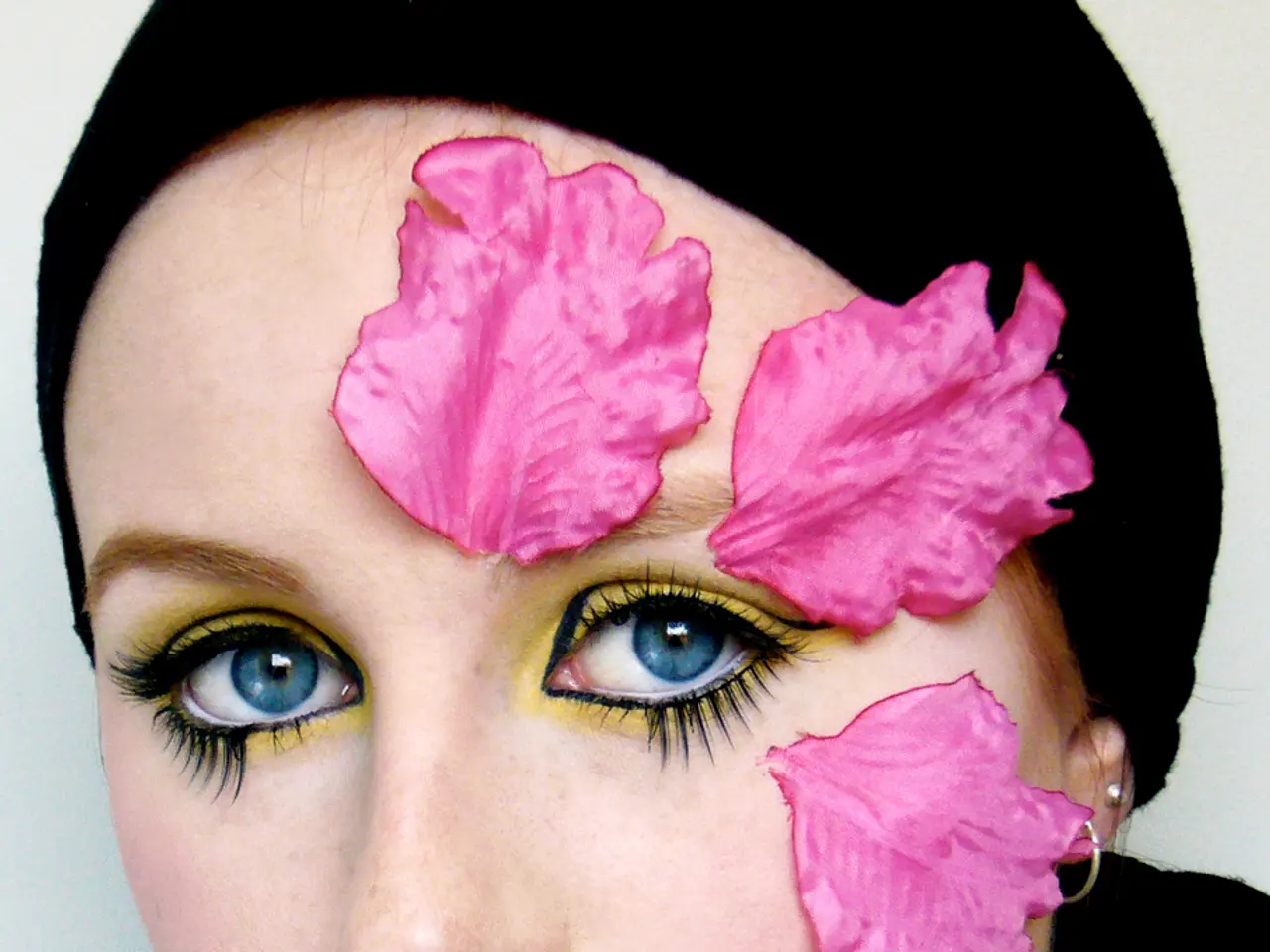Exploring Patients' Viewpoints on Aesthetic Procedures in Plastic Surgery
Cosmetic surgery has become a popular choice for many individuals seeking to transform their physical appearance and, in turn, their lives. But what lies beneath the desire for such transformations? A closer look reveals a complex interplay of social, emotional, and psychological factors.
Sharing personal cosmetic surgery narratives can foster a more empathetic understanding of the motivations behind these procedures. Stories like Laura's, who underwent rhinoplasty as a means to reclaim her self-esteem, or Sarah, an artist, who experienced renewed artistic expression and enriched personal relationships after breast augmentation, illustrate the profound impact these procedures can have on an individual's life.
Tom, another friend, chose a dental makeover to enhance his smile and boost his enthusiasm for life, while a woman at a community gathering shared her story of weight loss followed by body contouring, seeking empowerment. These stories highlight the holistic enhancement of one's quality of life that cosmetic surgery can provide.
The ripple effect of these transformations can impact career opportunities and personal relationships. For instance, a boosted self-confidence can lead to improved social interactions and a more positive outlook on life.
However, it's crucial for patients to feel empowered to ask questions, express concerns, and explore alternatives before undergoing cosmetic surgery. Cultivating spaces for open dialogue that elevate individual experiences is important when discussing cosmetic surgery. Open and honest discussions within friend groups or support circles can help demystify cosmetic procedures.
The association between beauty and happiness is reinforced culturally because physical appearance is linked to social belonging, status, identity, and evolutionary indicators of health and desirability. This cultural connection creates pressure to meet beauty ideals, which influences individuals' decisions to undergo cosmetic surgery as a way to gain social acceptance, increase self-esteem, and feel more confident.
Moreover, because happiness is perceived as linked to social success and positive social perception, those who believe that beauty brings social rewards may seek cosmetic procedures to enhance their chances of happiness. For example, intimate procedures like labiaplasty are influenced by societal norms and partner expectations, where surgery can serve as a means to resolve insecurity and improve emotional well-being.
Approaching cosmetic surgery conversations with curiosity and compassion can help glean lessons from one another's stories. For those considering cosmetic surgery, it's essential to remember that looking good is just one facet of the journey—what's more vital is the feeling of well-being that accompanies it.
For more information on cosmetic surgery prices, you can visit Europe Surgery. Further understanding of the subject can be gained by exploring related links.
The beauty of cosmetic surgery journeys often lies in their aftermath, with unexpected joys stemming from the choices made. Advertisements for beauty treatments promote the idea that enhancement is a form of self-love, and it's clear that for many, cosmetic surgery can indeed be a transformative experience.
- The narrative of Laura, a person who underwent rhinoplasty, demonstrates how cosmetic surgery can help in reclaiming self-esteem and boosting one's self-confidence.
- The media often portrays cosmetic surgery as a means of self-love and self-improvement, and for some, it can be a transformative experience.
- The ripple effects of cosmetic surgeries extend to various aspects of life, including personal relationships, career opportunities, and mental health.
- Open discussions about cosmetic surgery, fostered by media events or health-and-wellness platforms, can help raise awareness, provide support, and promote a better understanding of the psychological and emotional factors involved.




